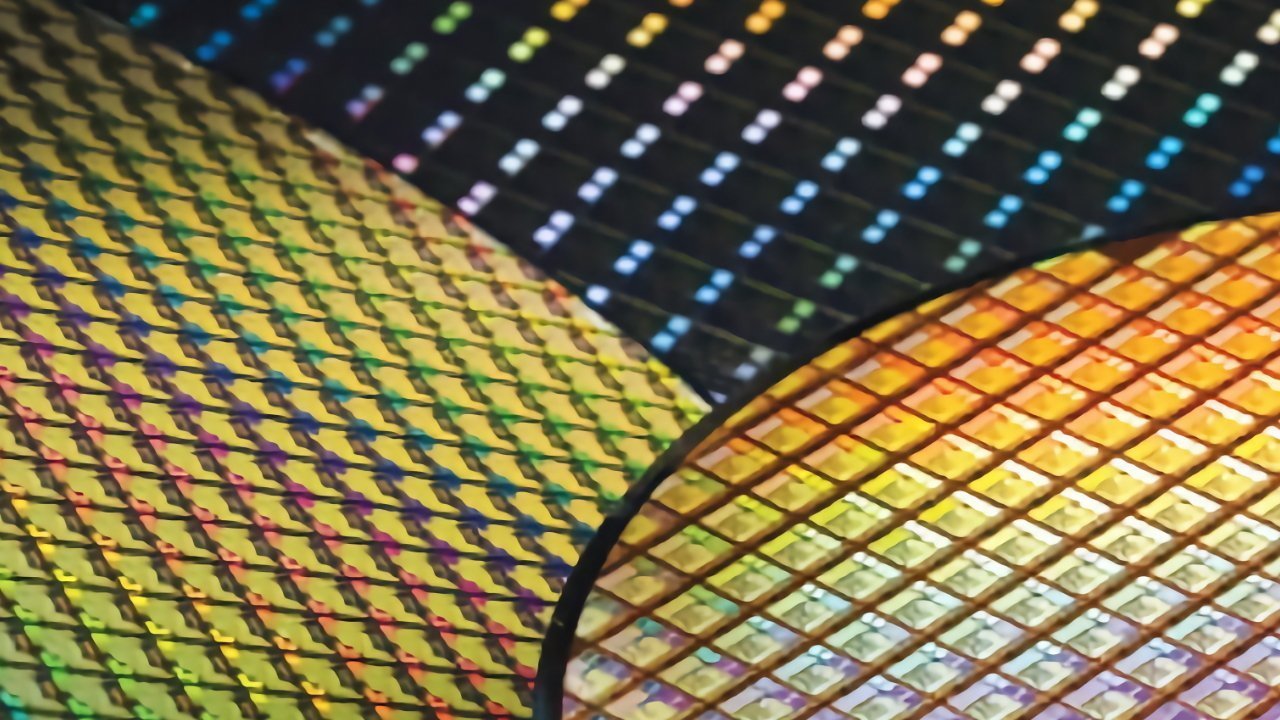TSMC has advised the U.S. that there was an attempt by Huawei to violate sanctions against China restricting the export of AI chips to China, as the probe that could affect Apple chip production rolls on.
The United States introduced controls in 2022 that severely restricts any exports of AI chips to China. Two years later, TSMC is warning that there was an attempt to break those rules.
TSMC told the US Commerce Department that a customer had placed an order for chips that seemingly breached the sanctions, reports Reuters. The customer attempted to order a chip that was similar in design to the Ascend 910B, a processor designed by Huawei.
This chip in particular was made to be used for large language model training, a process in AI production.
TSMC, the Commerce Department, and Huawei did not respond to comment requests from the publication.
Probe timing
The alert to the Commerce Department arrives at a time when TSMC faces a probe into a very similar situation.
On October 18, it was revealed that the Commerce Department was investigating a potential sanctions breach by TSMC. A block in 2020 prevented Huawei from accessing components from U.S. companies without approval from the Department.
The rules also prevented access to chips made using U.S.-sourced equipment. This includes TSMC, which uses such hardware to produce its chips.
The probe was intended to determine if TSMC had made smartphone or AI chips for Huawei. This was apparently via an intermediary firm that masked Huawei as its client, with the probe determining if TSMC had performed enough checks on the client before production began.
If the probe found TSMC had broken sanctions, it faces penalties including sanctions of its own. The latter could be more damaging, as it could directly impact the production of chips for clients, which includes Apple.
Sanctions against TSMC would force Apple to find another chip supplier to work with for its products. This is a dire prospect for Apple in the short term, as the complexities of chip production means there's no easy way to quickly spin up manufacturing with another foundry.
In the worst case scenario, this could mean a period when Apple will have severely constrained chip supplies as it transitions between suppliers. This in turn would hurt production of all of its products, including the iPhone.
 Malcolm Owen
Malcolm Owen







-m.jpg)






 Charles Martin
Charles Martin


 William Gallagher
William Gallagher
 Christine McKee
Christine McKee
 Marko Zivkovic
Marko Zivkovic
 Mike Wuerthele
Mike Wuerthele










6 Comments
Sneaky. China set up a front firm to not look Chinese to order chips who’d then send them to Huawei.
The sanctions require TSMC to perform due diligence; but if a sufficient legend was created to cause the shell company to appear legitimate despite investigation, what is the expected investigational burden required by law? I’m not attempting to be confrontational. I’m asking this in all honesty as I am not clear what the legislature’s expected duty of care is for a private firm investigating another. Is there pertinent case law that is controlling precedent?
There is an underlying tenet in all law, "Ignorance is no excuse." Considering the massive tension between China and the US concerning the theft or transfer of sensitive technology TSMC should have been wary. Just put a tracker hidden in the first shipment and see where it ends up. If its in a Huawei then Huston we have a problem!